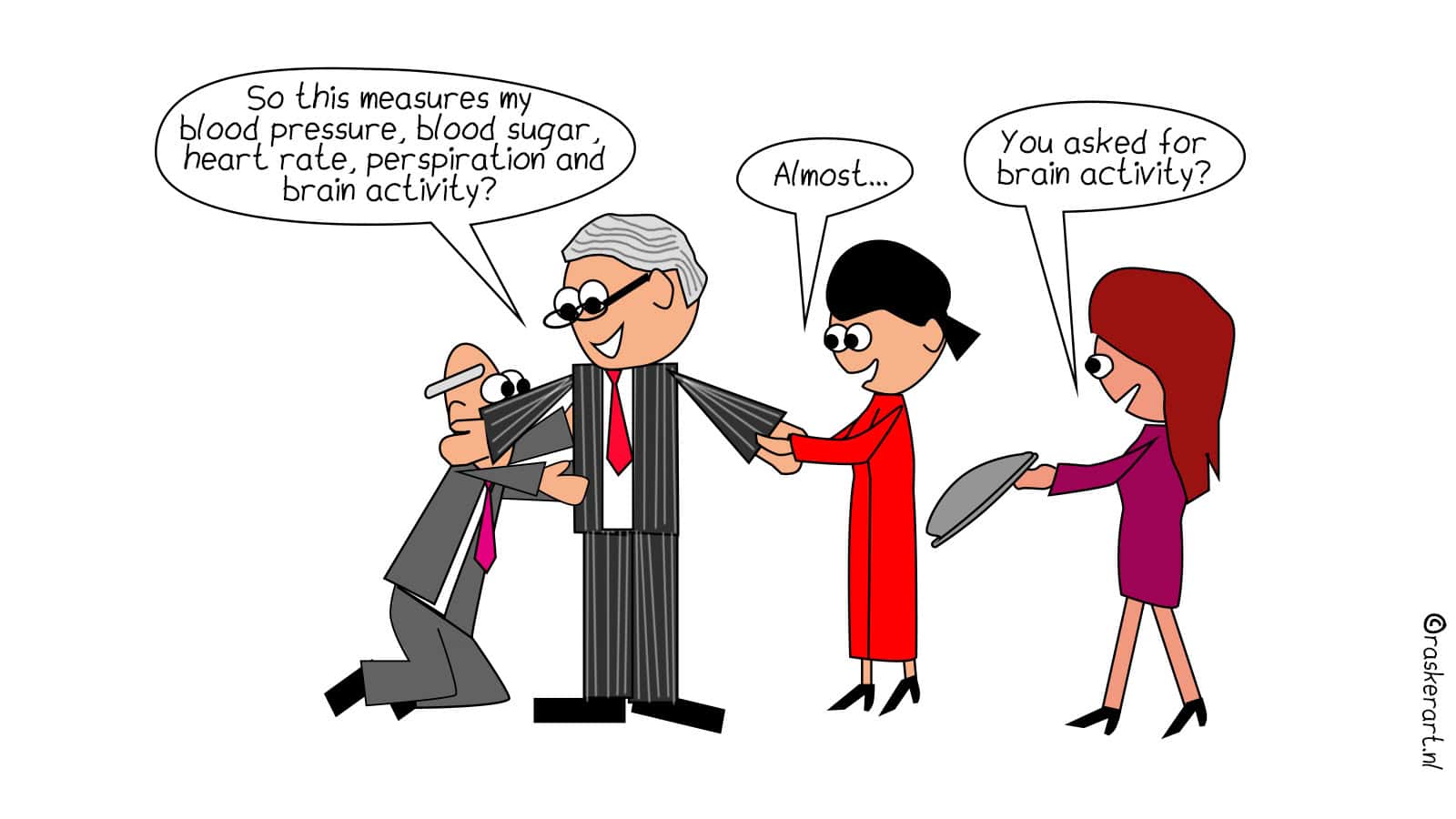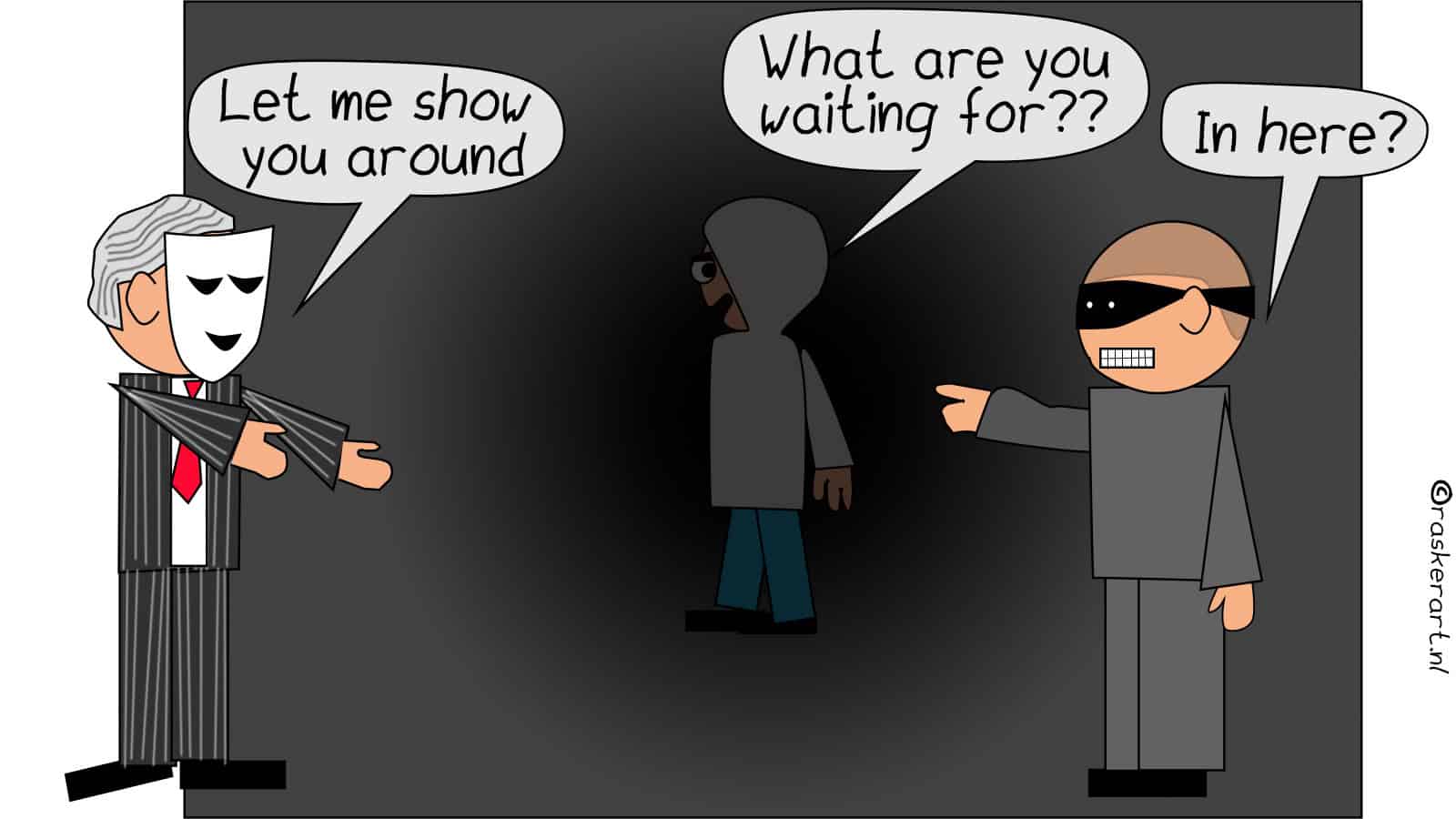
The universities of Mainz (Germany) and Uppsala (Sweden) are working independently on a drug against the COVID-19 virus. In Mainz, this is what is known as a prophylaxis, which offers protection against the coronavirus. In the case of the Swedes, it is a drug that suppresses the virus.
You can read the press releases here from Sweden and Germany.
Mainz
Key to the research from Mainz is what is referred to as inorganic polyphosphates. These could be administered with e.g. a nasal spray.
Polyphosphates are long polymer chains of phosphates (kinds of salts or esters). “It was already known that some of these polymer chains inhibit the Aids virus from binding to potential host cells,” writes the research team headed by Professor Werner Müller. Using computer models, it has now been proven that polyphosphates can also prevent infections with coronaviruses if they bind to the so-called ‘spike protein’ (which are essential for a virus to bind to a cell).

The researchers also found that polyphosphates also strengthen the natural defense mechanism against viruses by means of mucus production.
The researchers have now started experimenting with these nanoparticles that can be used to contain the polyphosphates. These nanoparticles could subsequently be inhaled with a nasal spray.
According to the researchers, the drug might be especially useful for people who have a shortage of platelets (thrombocytes) and who are therefore at increased risk of contracting a COVID infection. The advantage of the polyphosphates is that they are non-toxic and easy to produce. On the other hand, much research is still needed before the drug can actually be introduced. The results of the study were published in the journal Biochemical Pharmacology.
Uppsala
The University of Uppsala based its search for a drug on an earlier study into the workings of nitric oxide (NO) against the SARS-CoV-2 virus.
It was already known during the SARS epidemic in 2003 that NO in low concentrations could be administered as an inhalation gas to increase the uptake of oxygen in the blood in cases of acute lung problems. This therapy was successfully tested during the SARS epidemic. An important reason for its success at that time was its ability to reduce inflammation in patients’ lungs. The researchers wanted to find out if this also works with COVID-19. This turned out to be the case.
“Until we have a working vaccine, we are hoping that inhaling NO is an effective form of treatment. The dosage and the time at which treatment starts are likely to play a crucial role and should be researched as soon as possible now,” says Åke Lundkvist, who is leading the Swedish study.








